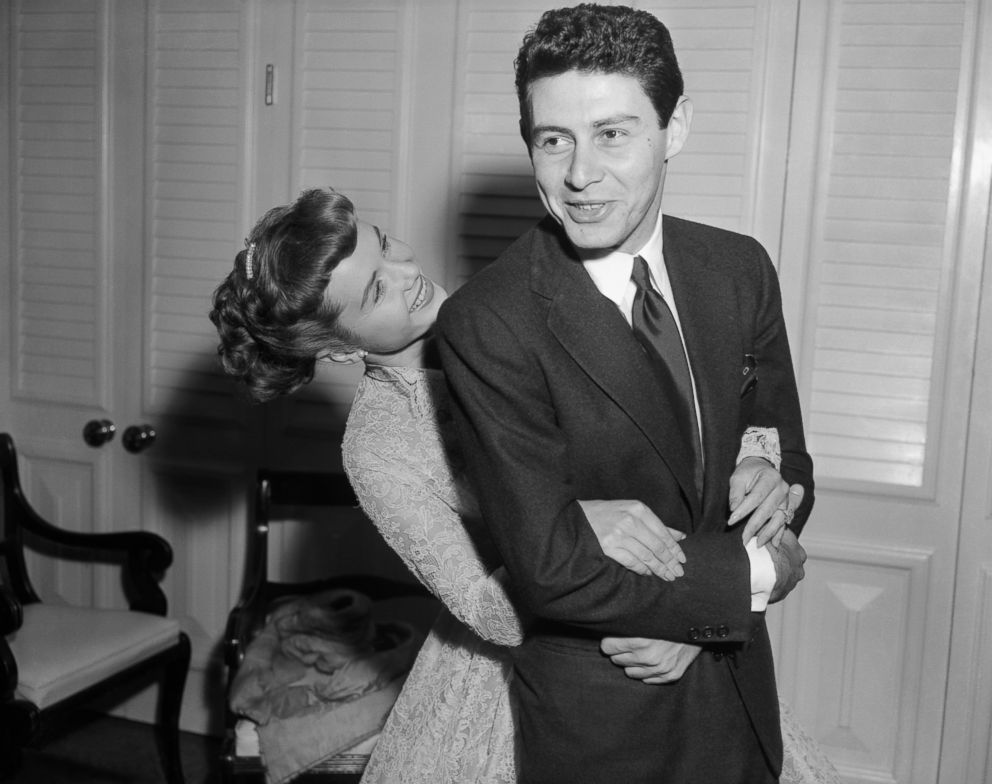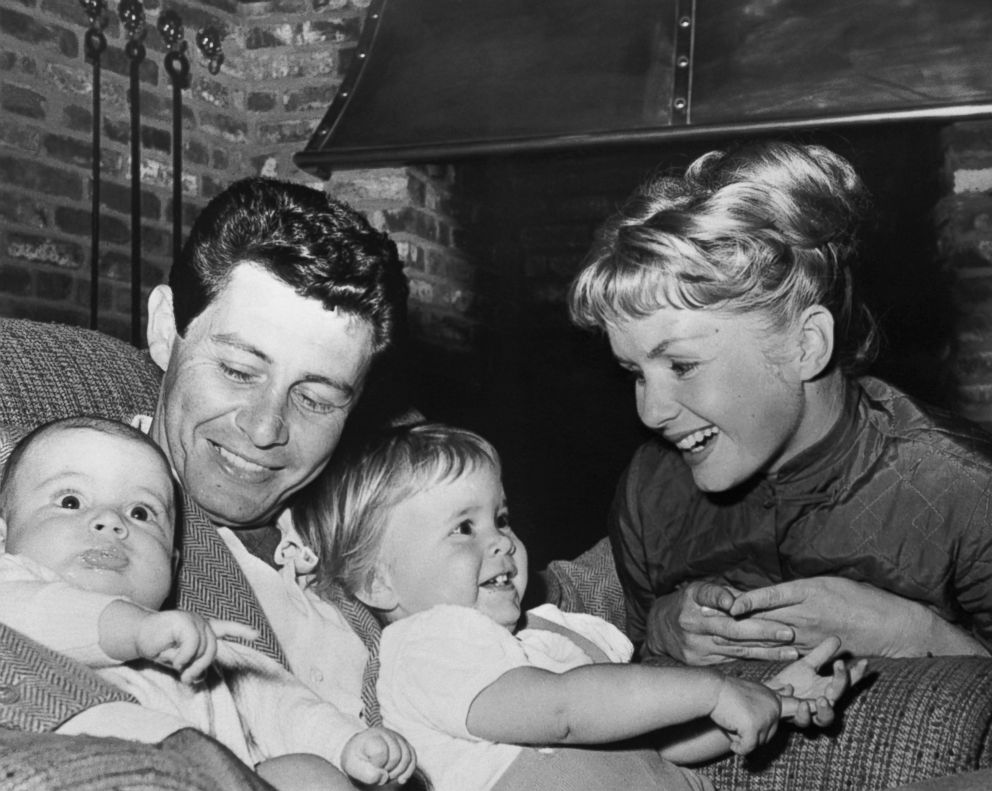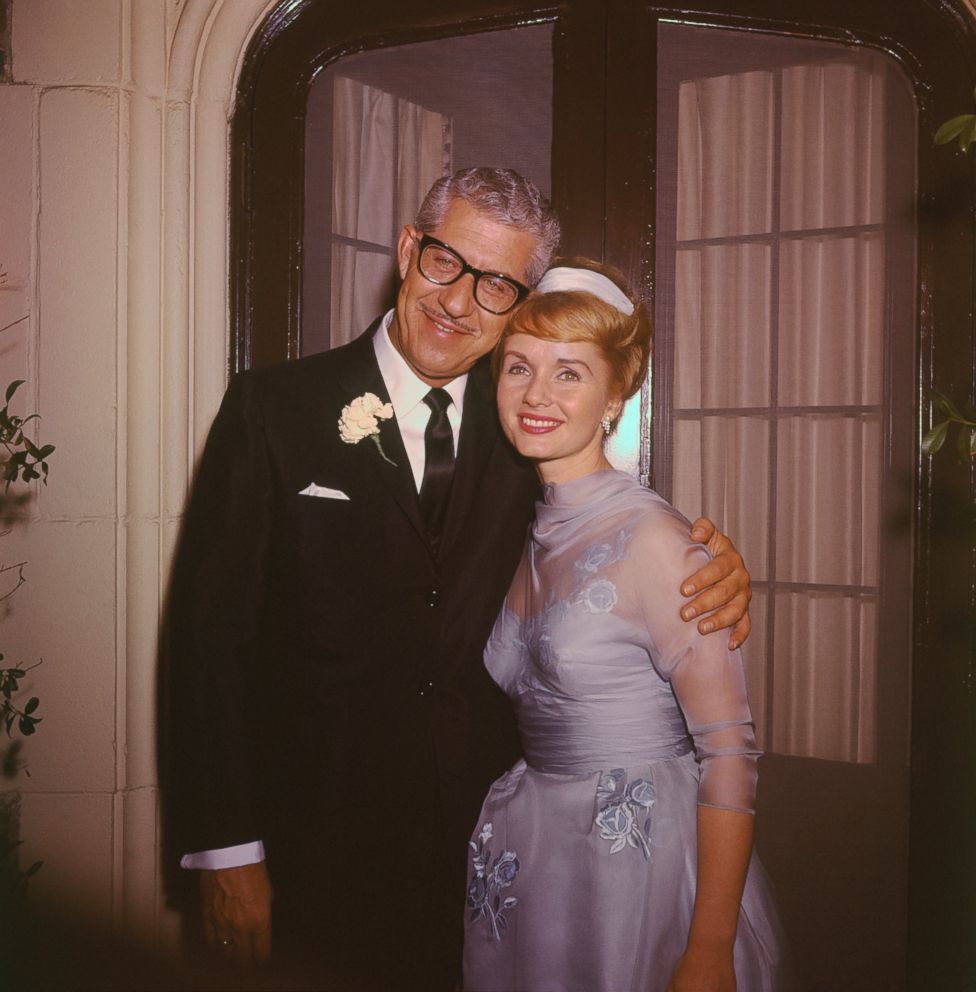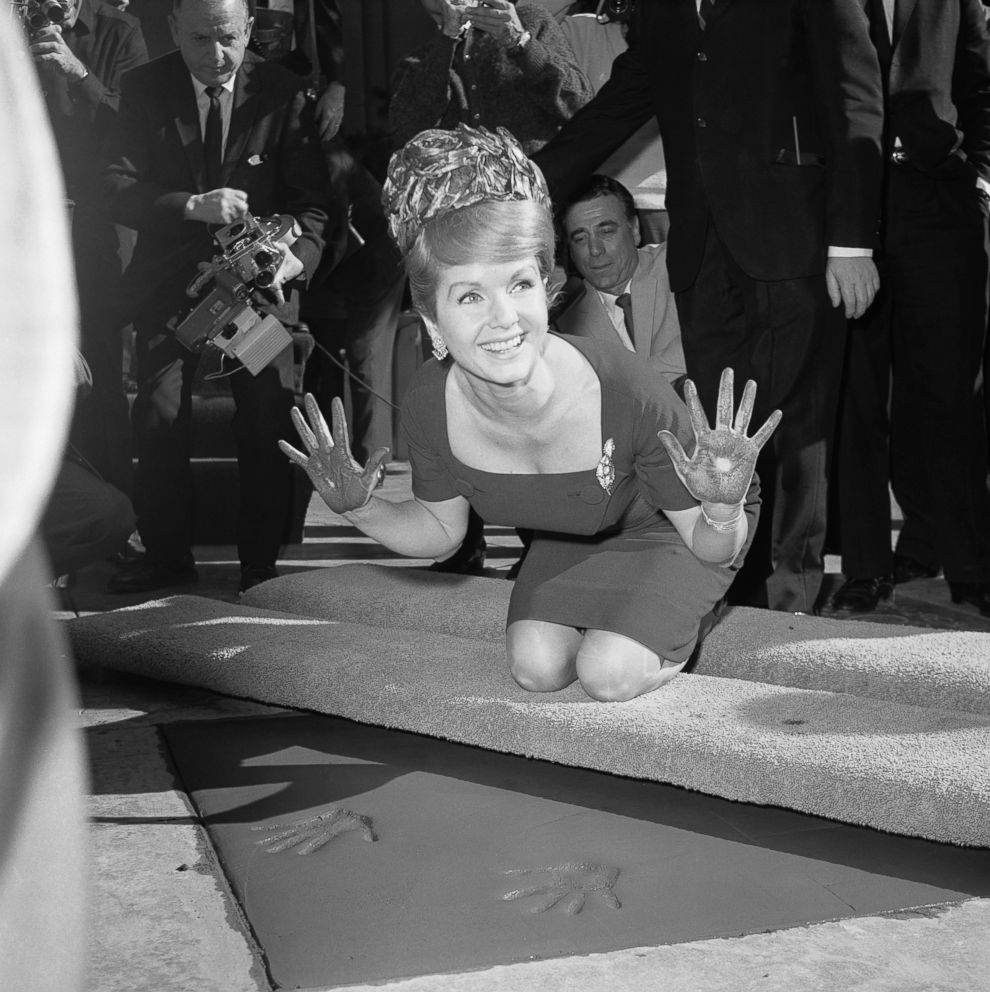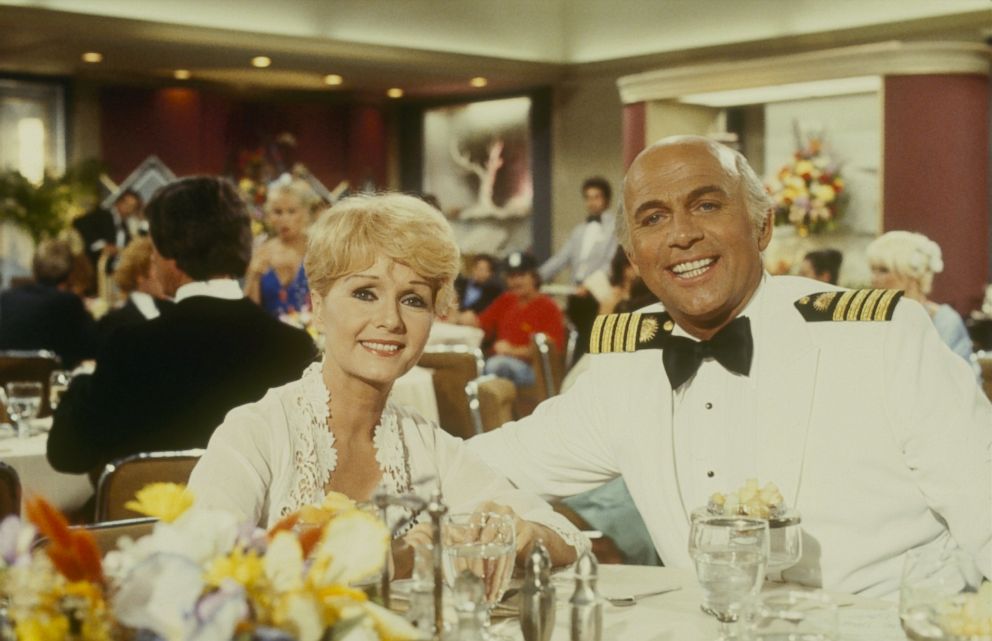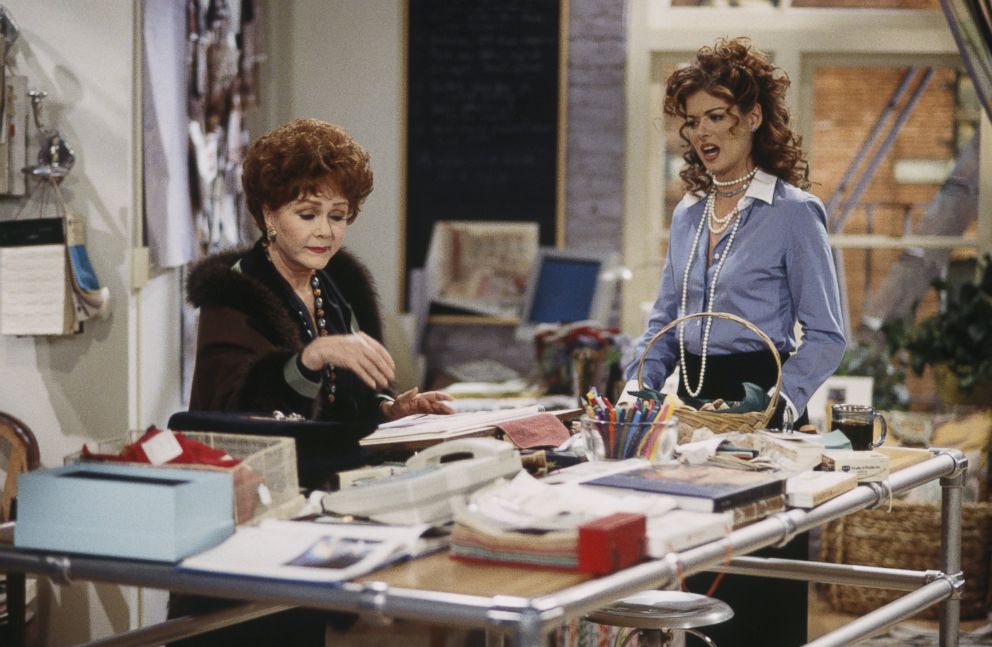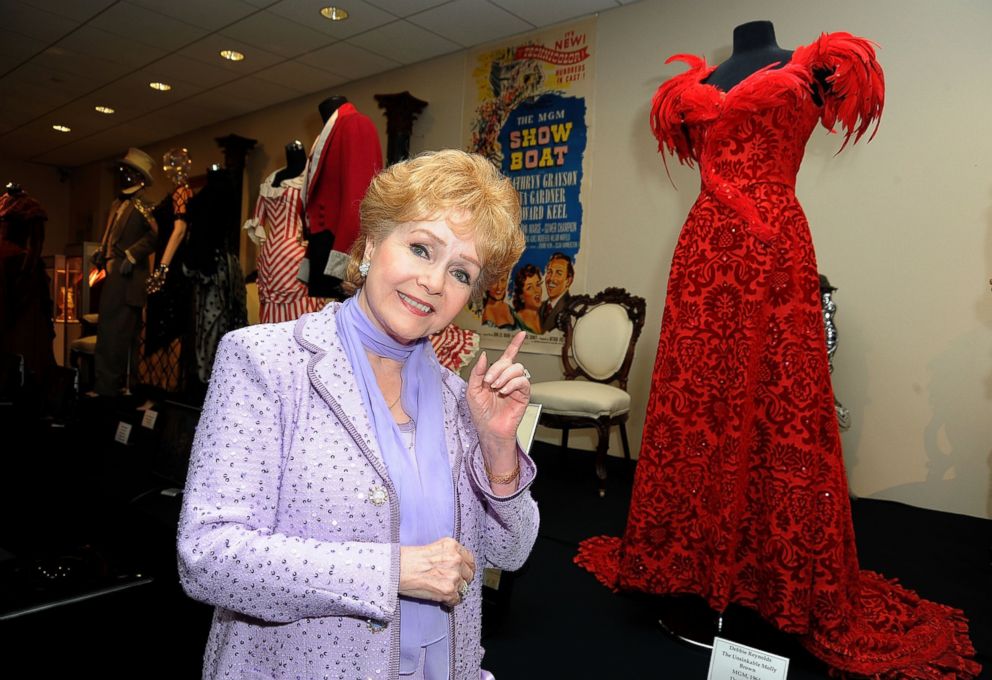Debbie Reynolds' Stroke Highlights When People Follow Loved Ones in Death
Debbie Reynolds died one day after her daughter, Carrie Fisher.
— -- The death of actress Debbie Reynolds a day after daughter Carrie Fisher died has put a spotlight on people who die shortly after loved ones do.
Reynolds, 84, died Wednesday after suffering a stroke, according to her family, while Fisher of “Star Wars” fame died Tuesday, a few days after suffering cardiac arrest.
There is no evidence linking the two deaths, but some published medical studies have found that people appear to be more at risk of dying in the months to years after losing a loved one.
Debbie Reynolds: A Life in Pictures

In a 2013 study published in American Journal of Public Health, researchers studied 171,720 couples older than 60 and found a rise in mortality for people who unexpectedly lost a spouse, compared with those whose spouse died because of a chronic condition.
Similarly, in a 2016 study published in Annals of Epidemiology, researchers found that parents had an increased risk of dying up to three years after their child's death, compared with parents who had not lost children. Deaths among bereaved parents because of coronary artery disease were especially high in comparison with non-bereaved parents, the researchers found.
Dr. Guilherme Oliveira, a cardiologist at Harrington Heart and Vascular Institute at the University Hospitals Cleveland Medical Center, said it’s unclear whether a specific death can directly contribute to the death of a family member, but pointed out that doctors have long known that emotions can have a physical effect on health.
"People under severe stress can get a hypertension crisis," Oliveira said. It "can cause a stroke or heart attack or pulmonary edema."
It’s unclear what may have caused Reynolds' stroke or whether she had hypertension.
Separately, doctors have also long known about a rare condition called the takotsubo syndrome, nicknamed the "broken heart" syndrome. Despite its name, however, the syndrome is rarely fatal and is believed to occur when a surge in hormones causes the heart muscle to dilate and weaken.
Oliveira said the condition is thought to be caused by "an event that shocks the body psychologically or physically."
The syndrome is associated with "negative emotions," but can also be caused by shockingly positive news and mainly affects older women, Oliveira said.
Additionally, physical stress on the body such as burns, infection or other trauma can cause the syndrome to develop.
Dr. Mehgan Teherani, a pediatric resident at Phoenix Children’s Hospital who’s currently working at the ABC News Medical Unit, contributed to this story.




